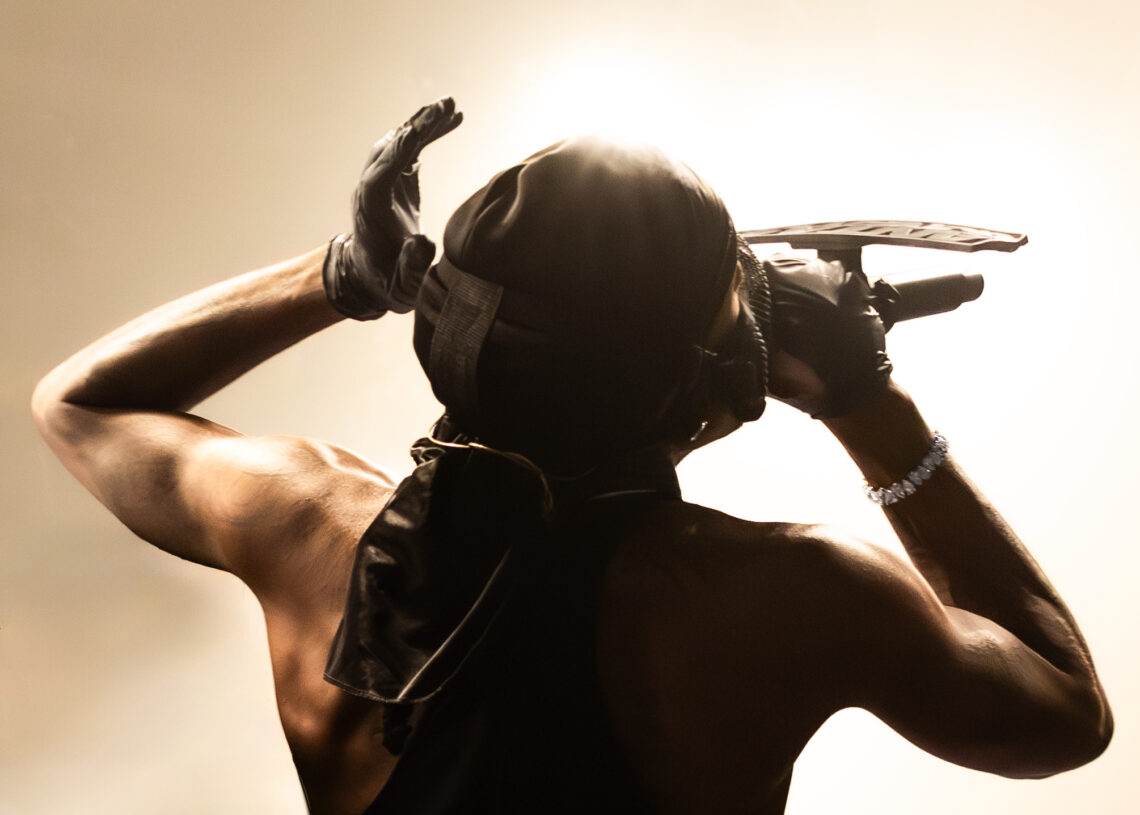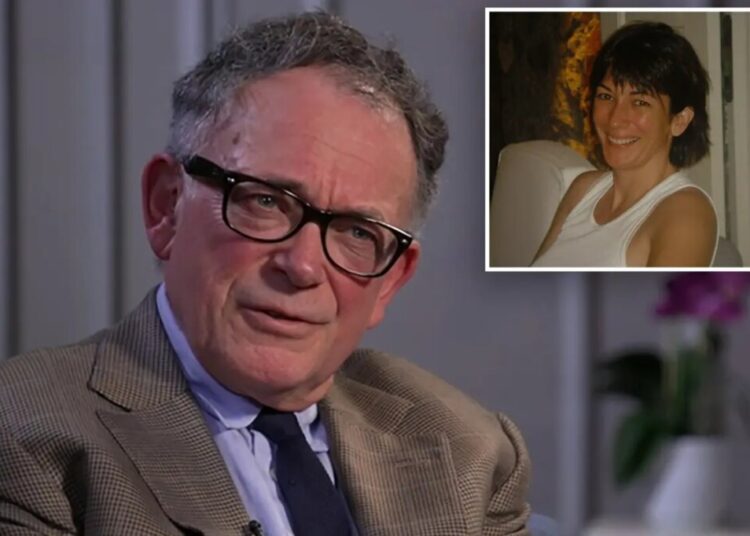First question from the Playboi Carti concert: Where’s Playboi Carti? Up there, somewhere. Atop the towering 20-foot stage, the Atlanta rap visionary was one of more than a dozen entourage silhouettes prowling around in the dense artificial fog, backlit by milky strobes and apricot pyrotechnicalities, shouting his rhymes in a state of exalted anonymity. Here was a rap star confident enough to pull up to a screaming stadium — Washington’s Capital One Arena on Tuesday night — and then disappear.
First question from the Playboi Carti concert: Where’s Playboi Carti? Up there, somewhere. Atop the towering 20-foot stage, the Atlanta rap visionary was one of more than a dozen entourage silhouettes prowling around in the dense artificial fog, backlit by milky strobes and apricot pyrotechnicalities, shouting his rhymes in a state of exalted anonymity. Here was a rap star confident enough to pull up to a screaming stadium — Washington’s Capital One Arena on Tuesday night — and then disappear.
Take this next question as ha-ha or the highest praise: Have we ever seen anything like that? Pop shows of this scale and expense are designed to draw us into states of focused adulation, but for Carti, vanishing into the clouds is part of the greater proposition. His latest album, “Music,” isn’t quite as gonzo-abstract as 2020’s “Whole Lotta Red,” but it does find him radically transforming the timbre of his voice, swapping flows, toggling identities. In an arena of young people happily losing their minds, these noisy new songs didn’t register as chameleonic games of disguise. Instead, Carti sounded like he was trying to sound like everybody. Which might have ultimately meant nobody. “I see stars, I see space,” he croaked during “Good Credit,” making it as tricky to establish his sensorial position as his earthly one.
Mystique is a familiar idea in pop music. Prince had it. David Bowie had it. Beyoncé and Bob Dylan still have it. But Carti’s semi-anonymity feels far more alien than celebrity peekaboo. His music is so repetitive, so annihilative. It’s like he’s trying to erase himself in hopes of vanishing into some kind of collective super-consciousness. Maybe that’s a lofty idea to superimpose on these exhilarating rap songs, but it’s easy to relate to if you’ve ever believed in the afterlife or used social media. Carti’s music resides smack between those heavens and hells. Throughout the concert, two massive video screens kept flashing the word “Alive.”
As for the squad of presumed mortals flanking the rapper onstage, they declined to make their identities known — aside from Swamp Izzo, the DJ whose roaring voice punctuates “Music” and whom Carti credited as the first person to play his songs on the radio. The radio? In all this sci-fi pageantry, he could have been thanking him for scratching his name into some clay tablets. Other entourage figures danced in smoky silhouette, some clutching baseball bats and one toting an electric guitar, from which he ripped a contiguous background solo for vast swaths of the set list — yet another foreground gesture swallowed back into the beautiful black hole of this thing.
Reiterating their own anonymity, fans down on the arena floor spent the night peeling off shirts and hoodies, then launching them into the air. Song after song, their garments went up like streamers, then down like ghosts denied entry to paradise. Where were we? Who were we? How long had we been here? In the unknowable darkness, Carti started rapping a song called “Long Time (Intro),” and it was over before anyone wanted it to be.
The post Playboi Carti might be the greatest vanishing act rap has ever seen
appeared first on Washington Post.




